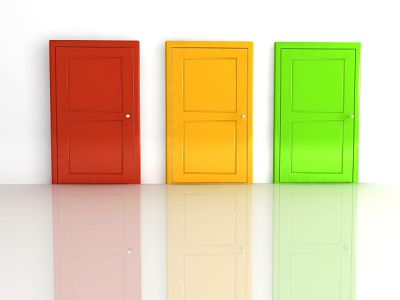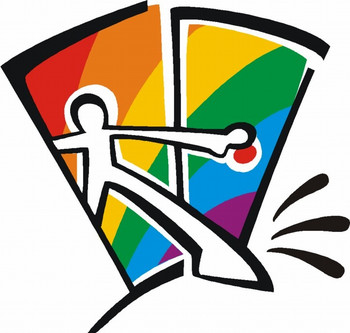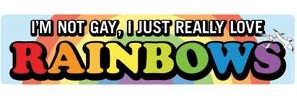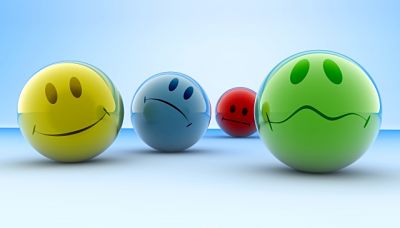 You will notice that on my site I mix up the terms “counselling” and “therapy”. Is there a difference? For all intents and purposes there are no differences when I use these terms and I think that is pretty common across my peers too. Counsellors and therapists do have different qualifications and have gone through different processes to get “certified” but that should not necessarily make any difference to potential clients. Research has shown that all of the different modalities are about as effective as each other and what is important is the relationship you have with your counsellor.
You will notice that on my site I mix up the terms “counselling” and “therapy”. Is there a difference? For all intents and purposes there are no differences when I use these terms and I think that is pretty common across my peers too. Counsellors and therapists do have different qualifications and have gone through different processes to get “certified” but that should not necessarily make any difference to potential clients. Research has shown that all of the different modalities are about as effective as each other and what is important is the relationship you have with your counsellor.
Counselling for Individuals
If it’s individual counselling you are looking for then you are spoilt for choice! There are at least four Transactional Analysis centres I can think of off the top of my head that are training establishments for TA psychotherapists (like me) which puts a great choice of therapists on the market. Many of the local colleges train person-centred counsellors just to add to the mix and there are other modalities out there too that you may be interested in.
Counselling for Couples
For couples counselling things become a little more limited. Many therapists shy away from couples or marriage counselling. This is because the training that we therapists and counsellors receive is almost entirely aimed at working with individuals. If you try to apply a model aimed at individuals to a couple it doesn’t work – there is one too many people!! Many counsellors are also scared at the prospect of having a couple sat in front of them who evidently don’t like each other very much and could explode into an argument at any moment! It’s easier then (and safer) for counsellors to stick with individuals only.
I am somewhat of a rarity (some say oddity!) in that I have sought specific training in Imago Relationship Therapy which is solely aimed at working with couples. I did this because I too felt under trained and wanted to do a good job with my couple’s clients. The training has helped me feel like a safe pair of hands for those that work with me. I love the ideas behind Imago Relationship Therapy and have been interested in it for many years.
Things are different in the USA. There are lots of therapists out there working solely with couples and therapists have much more access to training too. I have to travel down to London to be trained in Imago Relationship Therapy and my trainer flies in from Montreal, Canada,where she lives (this makes her arms very tired!) I guess in American culture if you have a problem with your marriage then you go out, seek help from someone qualified and get it fixed. In the UK we seem to go for the “stiff upper lip – put up and shut up” approach or just get divorced, which I feel very sad about.
How do you know who to work with?
As an individual looking for counselling or therapy I would advise you to start on the internet and check out a few websites. What is your impression of the person who has designed the site? Do they show passion and enthusiasm for their subject? Do you feel connected to them when you read their stuff? There may be more practical aspects that help you narrow things down if you have particular requirements. You may want to work with a male or female therapist – if it’s a male therapist you want then this will make things slightly more challenging as it’s a female dominated industry with about 30% of therapists being male – we are a rare breed!
For a couples counsellor or marriage counsellor I would do the same but ask what specific training your prospective therapist has had in order to train them to work with couples. A two day workshop five years ago is not going to be as useful as a year or more’s intensive training in a dedicated model aimed at couples. Again, if you want to work with a particular type of counsellor then for couples therapists it becomes even harder. I am the only person with training in Imago Relationship Therapy in Manchester. The nearest other individuals I know of are in Lancaster (a fellow trainee) and Sheffield. There are lots of Imago Therapists in London but that’s a hell of a distance to drive for a one hour therapy session!
Once you have identified someone who you think you may like to work with give them a ring and talk to them. They may have no availability or you may decide after chatting to them that they are not the person for you.
If they do have availability and you do like the sound of them then go have an initial session and see how you feel. You can walk away at any time and you are not committed to seeing any therapist for a set number of sessions.
Therapy is a personal thing and you need to feel safe whilst you are doing it. It is also life changing. There are plenty of great therapists out there, if you think that you may want to try me out then ring me on 07966 390857 or use my contact form above to get in touch. I look forward to hearing from you 🙂
Image: Salvatore Vuono / FreeDigitalPhotos.net
 Last Tuesday (12th October 2010) was “National Coming out Day” in the UK. To quote Wikipedia, this is “an internationally observed civil awareness day for coming out and discussion about gay, lesbian, bisexual, asexual and transgender (LGBT) issues”. It seems appropriate then, for this week’s blog post to be about working with gay, lesbian, bisexual and transgender clients.
Last Tuesday (12th October 2010) was “National Coming out Day” in the UK. To quote Wikipedia, this is “an internationally observed civil awareness day for coming out and discussion about gay, lesbian, bisexual, asexual and transgender (LGBT) issues”. It seems appropriate then, for this week’s blog post to be about working with gay, lesbian, bisexual and transgender clients.
 As a therapist I spend a great deal of my time talking to clients about their emotions. For some clients this is no problem, they live in an emotional world. For others I can ask what they are feeling and I see a look of confusion descend. Some of us are good with emotions; some of us are good at hiding them. We all have them.
As a therapist I spend a great deal of my time talking to clients about their emotions. For some clients this is no problem, they live in an emotional world. For others I can ask what they are feeling and I see a look of confusion descend. Some of us are good with emotions; some of us are good at hiding them. We all have them.